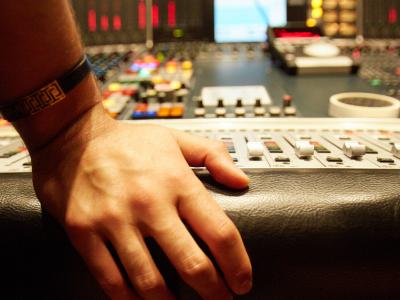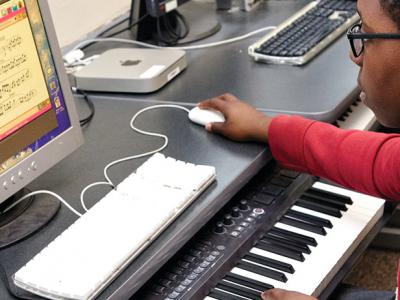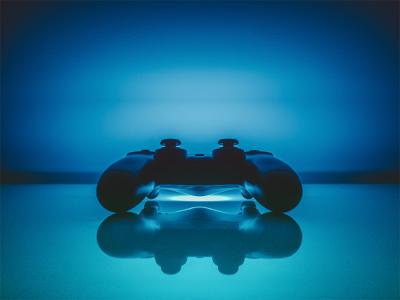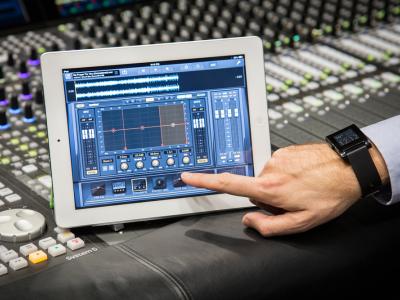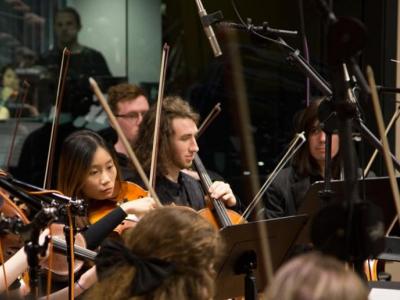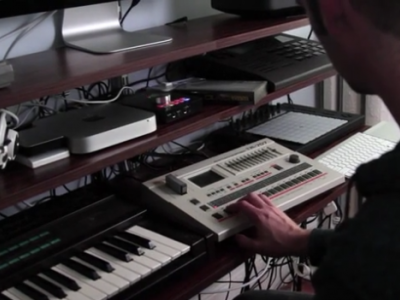What does an Audio Programmer (Video Games) do?
Audio programmers are skilled coders who specialize in implementing audio and music into video game engines. The distinction between an audio programmer and a sound designer can be something of a gray area. This is largely due to the fact that, for a long time, audio implementation was an additional duty of sound designers and editors rather than a discrete field. As video game teams grew larger and more specialized, studios began to hire coders specifically for audio. Today's audio programmers may possess working knowledge of audio editing and effects creation, but are explicitly dedicated to making the audio run effectively in-game.
Most companies and studios hire only one dedicated sound programmer, making opportunities competitive, but the field has yet to be saturated—leaving qualified and skilled individuals in high demand.
Audio programmers—who typically answer to an audio director or lead—are charged with making sure that a game’s audio assets (e.g. music, ambience, dialogue, and sound effects) load smoothly, trigger correctly, and play back in high quality while using minimal processing power. Additional tasks might include creating or improving an in-house audio implementation tool, an interactive audio environment, or even a procedural audio generator. For the majority of their work, audio programmers use an audio API or another set of software tools such as FMOD, Wwise, or Miles. From time to time, an audio programmer might perform the work of a sound designer—editing the volume, pitch, pan, and reverb of an asset, creating an effect from scratch, or selecting and editing samples.
At a Glance
Most companies and studios will hire only a few dedicated audio programmers, making opportunities competitive. However, the field has yet to be saturated, and there's a lot of room for skilled individuals to find success. Educational requirements are flexible; most studios require entry-level audio programmers to have prior game audio experience, thorough knowledge of several key coding languages, and basic audio engineering skills.
There's a thin line between audio implementation and sound design, and many video game audio professionals perform both roles at different times in their careers—the key is finding a specialty. Those with well-rounded experience in effects design, audio implementation, and dialogue editing are well positioned to become audio directors.
Producing a portfolio of work that demonstrates the ability to program and manipulate audio is the first step to finding a full-time position. One could also contribute to an open-source audio project, work on a game demo, or ship an indie game as an audio programmer or sound designer.
- Audio APIs like Wwise, FMOD, or Miles
- DAWs
- MIDI
- Knowledge of C# or C/C++
- Max/MSP
- Software and tool development
- Audio engineering (editing and mixing)
- Sound design
- Collaboration
- Communication
Because audio programmers work in teams, they should be communicative, collaborative, and flexible. Additionally, a good audio programmer is eager to learn and incorporate new techniques, tools, and approaches—a must in this rapidly changing, technology-oriented field. Finally, and most importantly, audio programmers must love games and audio—it's the No. 1 requirement for working in this field.
Most dedicated audio programmers work for video game studios in full-time, salaried positions, although contract work also exists in the world of small studio and indie projects. Audio programmers should expect to work overtime in order to make tight game deadlines, as well as take their work home with them when necessary. Additionally, as practitioners of a famously labor-intensive art—coding—within the notoriously results-oriented video game industry, audio programmers can be prone to overwork.

